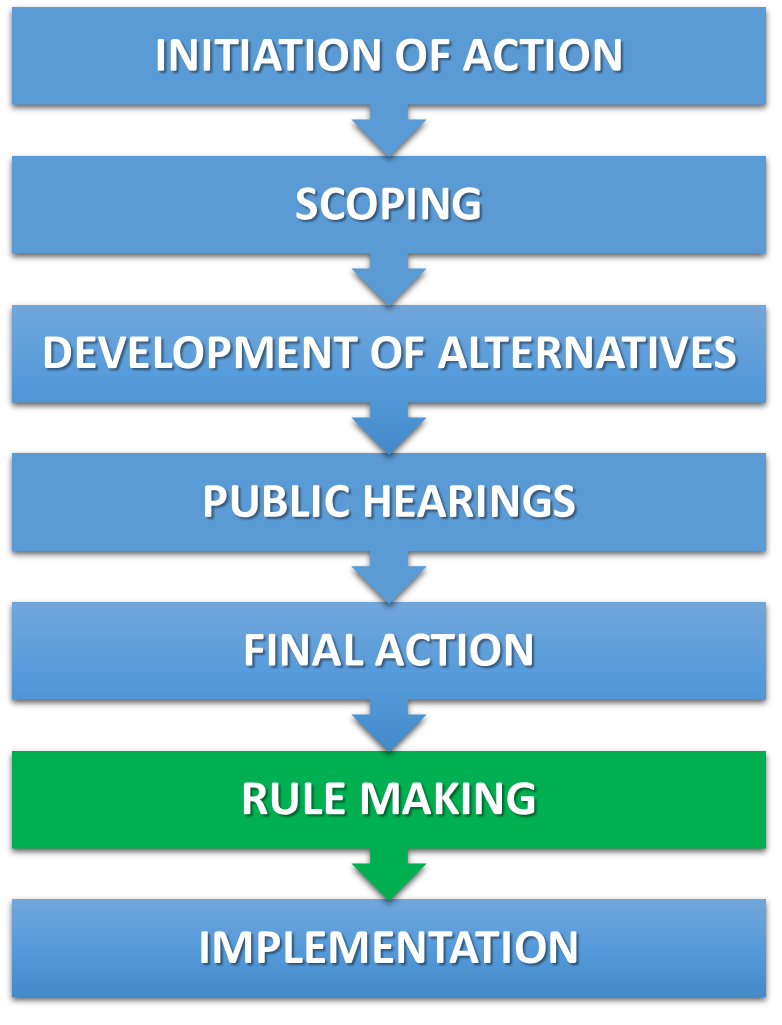Amendment 21 to the Atlantic Surfclam and Ocean Quahog Fishery Management Plan
Overview
This amendment proposes changes to the species separation requirements in the Atlantic surfclam and ocean quahog fisheries. Specifically, this action would allow both surfclams and ocean quahogs to be landed on the same fishing trip. To ensure accurate accounting for the catch, the amendment would also implement additional monitoring and reporting requirements, both at sea and at the dealer where the mixed catch would be sorted.
The Council selected preferred alternatives and approved the amendment for submission to the Secretary of Commerce during its December 2024 meeting. Secretarial review of the amendment will involve a thorough review of the proposed measures by NOAA Fisheries, including further opportunities for public comment.
Press Release: Council Approves Surfclam and Ocean Quahog Amendment (12/18/24)
Amendment 21 to the Surfclam and Ocean Quahog FMP - Final Submission to NOAA Fisheries (8/28/25)
Federal Register Notice of Availability (12/29/25) - public comments due 2/27/26
Proposed and final rules will be linked here once published
Contacts
Jessica Coakley, jcoakley@mafmc.org, 302-526-5252
José Montañez, jmontanez@mafmc.org, (302) 526-5258
Amendment Development Timeline
December 2021 Council Meeting: Amendment initiated
April 2022: FMAT formed and began work
October 2022 Council Meeting: The Council reviewed the draft amendment and approved it for public hearings.
November 2022: An initial round of public hearings was held.
December 2022 Council Meeting: The Council voted to postpone final action to allow time for development of additional alternatives.
February 2023 Council Meeting: The Council received an update.
February 2024 Council Meeting: The Council approved a public hearing document with the addition of an industry-drafted alternative.
May 2024: The Council held three public hearings and collected written public comments on the draft amendment.
June 2024 Council Meeting: The Council reviewed public input and voted to postpone final action until the December 2024 Council Meeting to allow time for a workshop to discuss implementation approaches for Alternative 5.
October 2024: The Council convened a workshop to discuss implementation approaches for Alternative 5.
December 2024 Council Meeting: After reviewing workshop outcomes, the Council reviewed workshop outcomes and approved the amendment for submission to the Secretary of Commerce for review and rulemaking. The Council selected modified Alternative 5 (Increased Observer Coverage and Self-reported Discards; Mixed Trips Sort at Dealer with NOAA Catch Monitors) as the preferred alternative.
August 2025: The amendment was submitted to NMFS for review and rulemaking.
December 29, 2025: NOAA Fisheries published a Notice of Availability with a public comment deadline of February 27, 2026.
Background Documents
Industry request for the MAFMC to address SCOQ species separation regulations (December 2016 Council Meeting)


